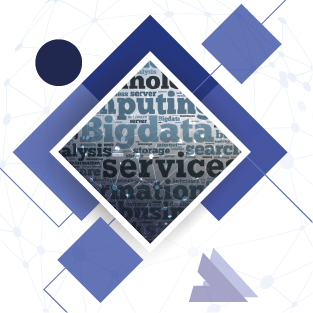|
Description The Microservice architecture is the current trend able to overcome the low scalability and flexibility of the classical client-server monolithic applications style, in which modifications to small sections of a service might require building and deploying an entirely new version. In fact, microservice architecture is a developing software method that enables to construct applications based on independently deployable and small services. Each microservice is able to run as unique process and communicates through well-defined and lightweight mechanism.
On the other hand, the term of Big Data has been coined for representing the challenge to support a continuous increase on the computational power that produces an overwhelming flow of data. Along with Cloud databases, Big Data databases have become important NoSQL data repositories (being non-relational, distributed, open-source, and horizontally scalable) in the enterprise and the science as the center for data analytics and processing. This scenario has claimed for a paradigm shift in the computing architecture, large scale data processing, analysis mechanisms, and data services.
In this context, microservices enforce the engineering of intelligent and innovative systems to support Big Data management in a more flexible and suitable manner. It is expected then, that these both areas find an intersection and advance together: on one hand, we have a huge amount of data to be processed, on the other hand we need suitable, flexible, and independent microservices to manage it. Both areas are closely related, also naturally distributed.
The thematic school on Microservices and Big Data management offers lectures, tutorials, and discussion of use cases addressing theoretical foundations and practical applications related to the synergy between these areas. This school aims to provide attendants the premier venue to enrich their knowledge on the confluence of these areas. It represents an opportunity to exchange ideas and experiences, analyze, present, and discuss concerning topics and development issues.
Target PublicWe target a mixed public and we aim at mobilizing the mixed competences and backgrounds from our attendants and contributors in order to promote collaborative aspects. Particularly, we expect a wide audience of:
TopicsTopics of interest:
Pedagogical ObjectivesAt the end of the week, attendants will:
Be able to design and develop a microservice-based Big Data platform according to their research domains. Scientific Committee
Organization Committee - Marta Rukoz, Université Paris-Nanterre, LAMSADE, PSL Research University, Université Paris-Dauphine |
| Online user: 1 | RSS Feed |

|

